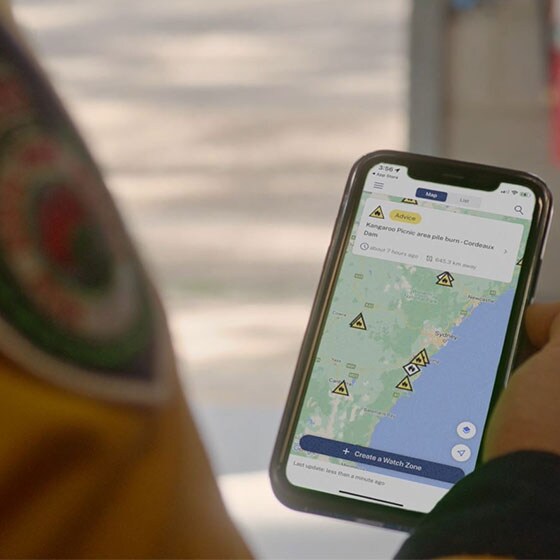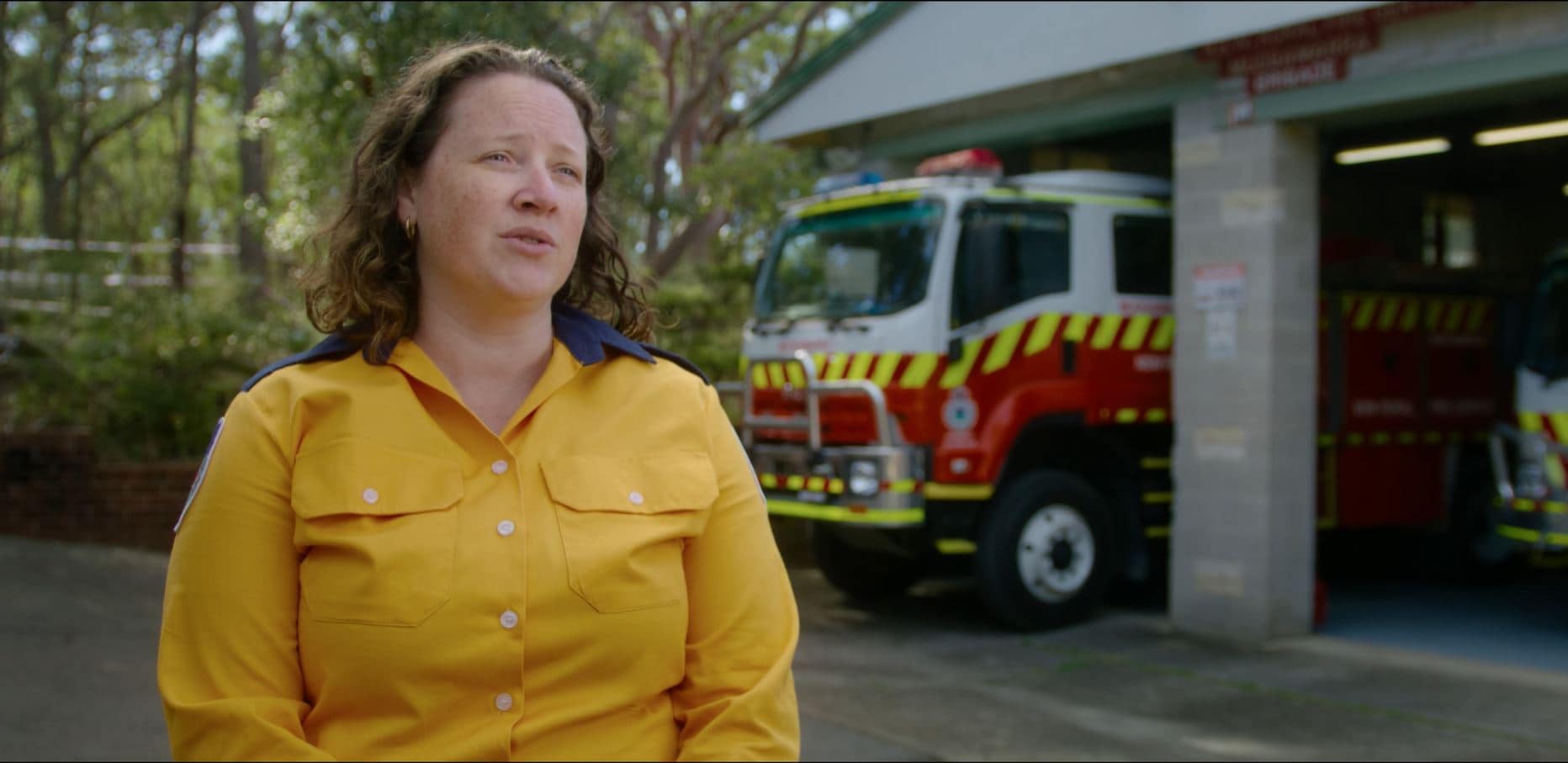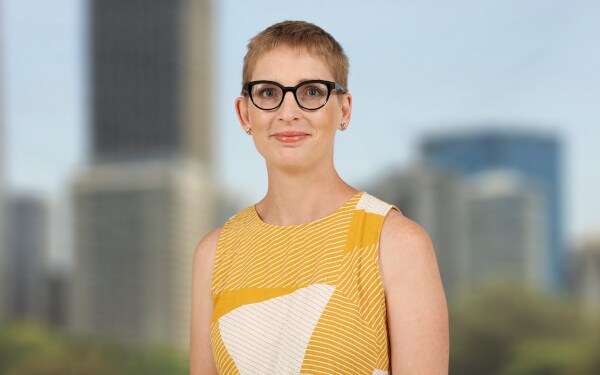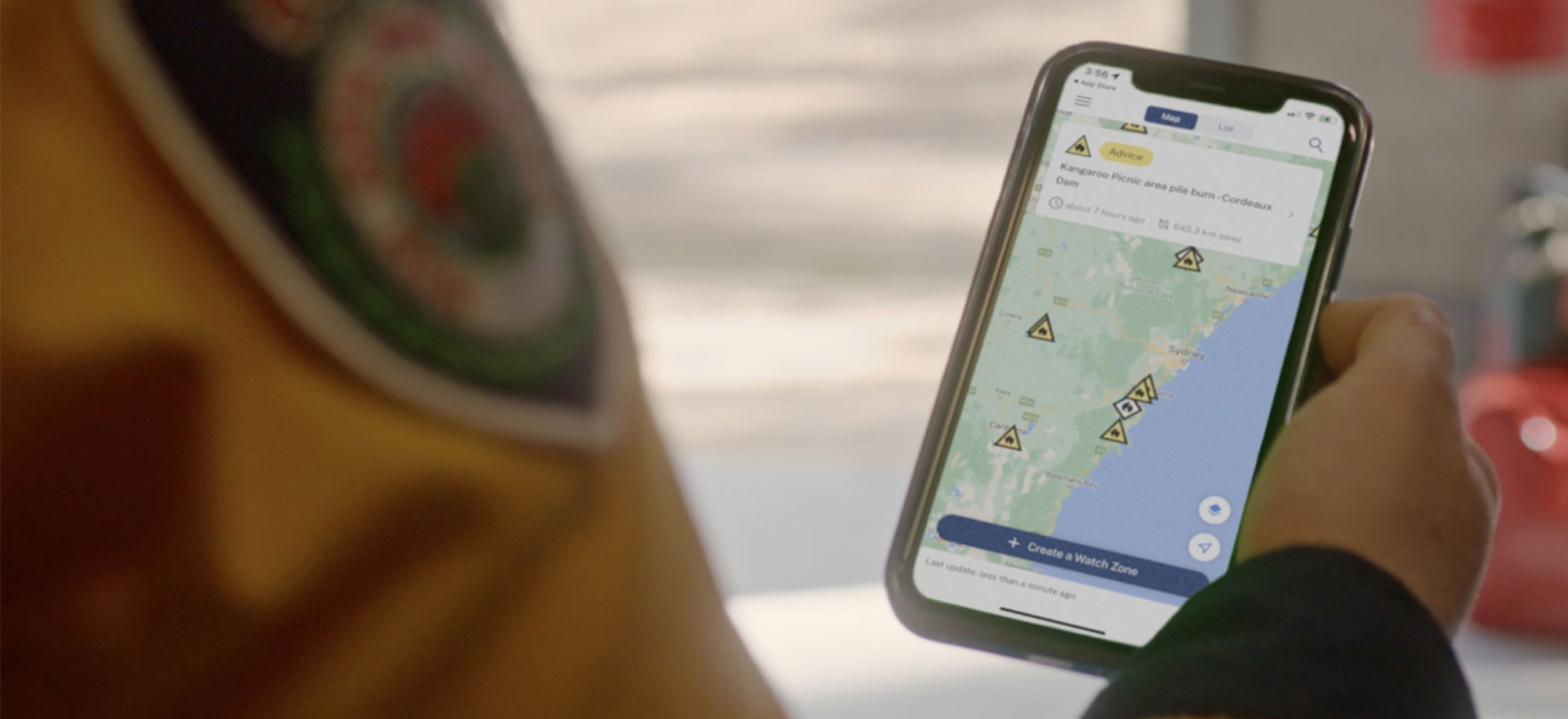Navigating complex workforces to realise people-led transformation
Megan Maletic, Human Capital Consulting Partner at Deloitte, shares key insights following her experience in leading workforce transformation strategies for NSW Rural Fire Service. These factors include; The critical factors impacting large-scale volunteer-led organisations; the opportunities in attracting next-generation talent and diversifying skills mix; and the integration of new technology across large-scale workforce.

In recent years Australia has experienced several environmental disasters including the unprecedented fire season of 2019-20 and catastrophic floods in several parts of the country. These events highlight the fact that Australia is changing, and we will endure more regular and extreme weather events.
To meet the changing environment and ready their organisation, members (volunteers) and communities of the NSW Rural Fire Service (RFS) has prioritised several transformative initiatives. These priorities focus on making a difference to RFS members – allowing them to operate safely and effectively, connect with each other and work together to best serve the community.
The RFS has a diverse membership comprised of 72,855 volunteers and 1,142 staff. Approximately 68% of staff also volunteer for the service*. It is the largest volunteer fire service in the world and their work includes fire and emergency response, as well as community education, fire prevention and risk management.
Geographically, RFS has jurisdiction for over 99 percent of the land area in NSW with membership located right across the State including in some very remote locations.
“Member-led transformation may seem like a daunting task, but it can begin with a single goal."
Megan Maletic, Partner, Deloitte Human Capital Consulting
Connecting with and understanding members is a critical success factor for effecting change as members are at the heart of the RFS. The RFS member-led approach is central to the organisation's core values, and it recognises that a majority of the RFS membership are volunteering their time. Over the course of Deloitte’s collaboration with RFS, we have tested a variety of channels to engage this complex workforce. We have learned the importance of respecting the experiences and knowledge within the membership and to bring empathy, flexibility and use language consistently and plainly.


A changing membership and precision risk management
Change is inevitable and being experienced across many if not, all workforces on an increasing basis, and there are unavoidable transitions each organisation must take.
The pace of change within the emergency services context is both dynamic and complex. All at once, the RFS transformation program has had to consider and respond to the needs of members, leaders, the community and the broader emergency services ecosystem. What we have witnessed is how RFS has acted in the moment, using disruption (in the form of disasters e.g. fire and flood) and uncertainty as a catalyst for truly intentional transformation.
A key consideration through our member engagement has been how the workforce (membership) is changing. The current workforce composition indicates that the volunteer workforce is ageing, and volunteerism is declining across Australia^. There is a need to attract the next generation of volunteer fire fighters. This is largely due to the increasing demand for prevention, preparation and response capability, as well as the changing skillmix required with the advent of more complex fire management and technological advancement. The rise of digital skills is an exciting and necessary change, allowing for greater predictive capability and targeted risk mitigation.
It also presents an opportunity to diversify the skillmix of the RFS membership where experience in bush fire risk management can partner with the digital natives of the next generation. The technological advancement will allow for more efficient and evidence-based allocation of workforce and other resources by focusing them where the risk is highest. In time, this will aid with fleet planning and allocation, understanding minimum people needs for a location and additional training and capability development based on risk.
Capability development is a key area of investment as volunteers will need technical and leadership training to meet the skills required, with volunteers increasingly becoming a formal extension of the paid workforce. Volunteers will both seek involvement in and be required to participate in talent management strategies, including performance management and will be held to the same conduct expectations.
Five Actionable Steps in Maintaining a People (member) Led
We’ve distilled our thinking into five actionable steps based on our experience of navigating transformative change with RFS’s complex frontline workforce.
1. Continuously listen – Create the channels and forums and be attuned to your workforce and its broader ecosystem. Ask their point of view and be flexible and challenge your way of thinking.
2. Peer and leader messaging – Support key representatives to tell their stories, in their way to help bring to life the transformation plan and enable their advocacy for the change.
3. Consider the workforce experiences that will enable these outcomes – such as different habits, behaviours and ways of working, as well as the end-to-end employee journey – and how to realise these in physical and virtual environments. Our teams took the time to walk-in-the-shoes of RFS volunteers and staff. As Ben Thwaites recalls “We went to the fire control sensors, climbed on trucks, and heard about the experiences in particular from the 2019/2020 season. And when you hear those stories, when you experience those things, you can't help but be inspired to be a part of a journey, helping both their volunteers and also the community at large in how data and information is used to better protect communities, people and ultimately lives from bushfire risk”.
4. Define the transformation with the future business outcomes and workforce experiences in mind - Define what tools, people, technology or competencies need to be considered? Should any existing capabilities or solutions be stopped or modified?
5. Experiment - Pilot a new experience for your workforce. Iterate, innovate, and evolve as you continue listening to your workforce. Know that volunteers and staff juggling BAU often can’t participate during business hours – be flexible.
The RFS membership-led transformation journey is a reminder that our workforces remain central to the future of work and the delivery of services to community. It has been a privilege to partner with RFS through this transformation who have been open to experimenting and refining our approach with member engagement over time. We have been open to learning along the way as well and this have enabled capability growth in our teams and a trusted working relationship.
* https://www.rfs.nsw.gov.au/__data/assets/pdf_file/0004/245191/NSW-RFS-Annual-Report-2021-22.pdf
^ https://www.volunteeringaustralia.org/wp-content/uploads/VRP_The-Decline-of-Formal-Volunteering-in-Australia-2001%E2%80%932020-Insights-from-the-HILDA-Survey.pdf







